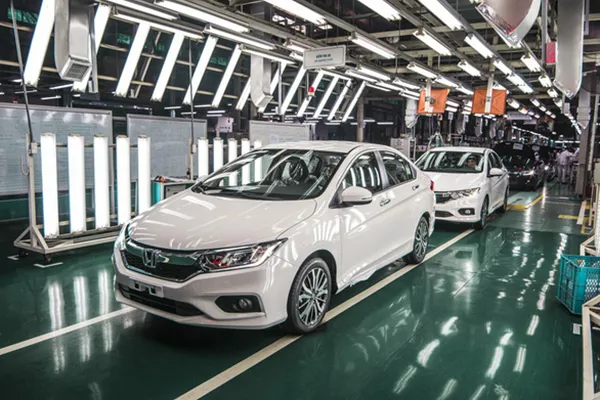Vietnam passenger car import surges 150% in Jan-Oct
This resulted in Vietnam importing an average of 9,230 cars per month and over 300 cars per day, and car imports of nearly US$1.75 billion during the period, up 250% year-on-year.
Vietnam imported 92,230 passenger cars, or cars with less than nine seats, in the first ten months of 2019, up 150% year-on-year, according to the Ministry of Industry and Trade (MoIT).
| Illustrative photo. |
This resulted in Vietnam importing an average of 9,230 cars per month and over 300 cars per day, leading to car imports of nearly US$1.75 billion during the 10-month period, up 250% year-on-year.
In October, Vietnam imported 15,000 vehicles, in which 90% were passenger cars worth US$206 million. Meanwhile, 37,800 were assembled locally, up 1.3% year-on-year, accumulating a total of 284,200 in the January – October period, up 8.6%.
According to the MoIT’s statistics, imported car parts and accessories also witnessed a hike of 123% year-on-year in October at US$400 million.
As of September, Vietnam imported 109,000 automobiles of all types worth US$2.4 billion, up 167.8% in quantity and 157% in value year-on-year.
The majority of imported cars to Vietnam are from Thailand, Indonesia, Japan, China and Germany, accounting for 97% of total cars imported into Vietnam to date.
In 2019, Vietnam is projected to have a record car trade deficit of US$3.4 billion, stated the MoIT.
Car imports into Vietnam from ASEAN countries are rising fast as the ASEAN Free Trade Agreement (AFTA) became effective, leading to zero import tariff.
“Car imports would continue to increase thanks to stronger domestic demand, in turn causing negative impacts on the domestic automobile production industry and the country’s trade balance,” said the MoIT in a report.
The concentration of a high number of car makers and assemblers in such a small-size automotive market is one of the main reasons for the sluggish development of Vietnam’s automotive industry, stated the MoIT.
More importantly, Vietnam’s car making industry depends heavily on the multinational production chains and has only participated in the simple phase of the global value chain with low added value products. Meanwhile, local companies have not been able to master core technologies such as engine and control systems.












